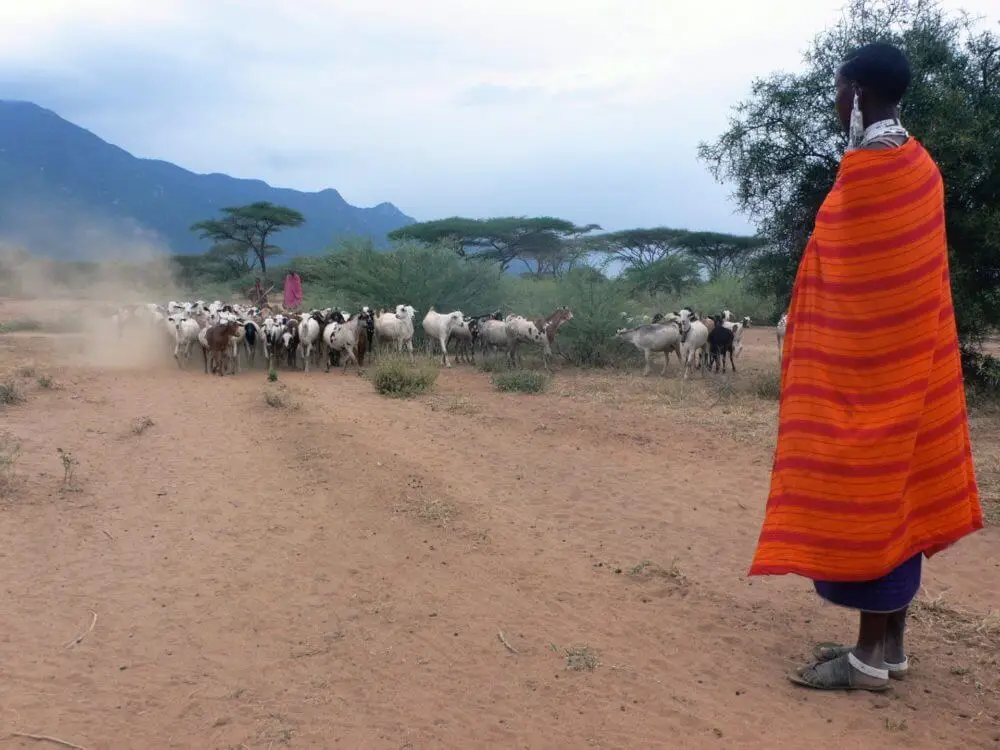The Covid-19 pandemic has resulted in unprecedented disruption to the global economy and world trade. Many countries have locked down their borders, or severely restricted freedoms in a bid to contain community transmission of the virus.
Globally, 3 billion people depend on international trade for their food security; a huge number of them are in Africa. It is for this reason that markets must be kept open. Countries should refrain from export restrictions. Trade restrictions should be targeted, temporary, and proportionate, and in line with WTO obligations. Unjustified trade barriers on food and agricultural products in particular, as well as key production inputs, must be avoided, so that food remains available and any supply chain impact is limited.
In light of the risks posed by Covid-19, several countries have increased sanitary and phytosanitary (SPS) controls relating to human, animal, and plant health as an emergency measure.
For food supply chains, there are risks that may be carried by agricultural and food commodities rendering them unsafe for trade or consumption. Therefore, governments impose measures to address food safety, animal health, and plant health risks associated with production and supply of food or agricultural commodities. Contaminated food is a major source of foodborne disease, the global burden of which is extremely high. Estimates show one in 10 people fall ill every year from eating contaminated food, and 420,000 die as a result.Invest with Impact. Click here.
Current evidence suggests Covid-19 derived from a zoonotic source, namely an animal species in frequent close contact with humans – though what, specifically, remains unclear. Therefore, trade restrictions on animals or animal products should be avoided unless new, compelling evidence suggests otherwise. Similarly, precautions for packaging materials are unnecessary over and above the observation of basic hygiene, such as ensuring they are clean and free of visible contamination. Unfortunately, several countries are restricting trade in live animals based on Covid-19.
Beyond the current crisis we must learn how to better protect ourselves — especially those among us who are the poorest and most vulnerable — against future threats to safe food supply. A re-imagining of global value chains and the use of technology for information sharing is crucial. This calls for a change in mindset, and a switch from reactive to anticipatory approaches.
The variety of transmission methods of Covid-19 also provides an opportunity to learn and do things differently, so that we are better prepared when the next health crisis strikes. The pandemic underscores the need for countries to diversify their economies, both in terms of products and markets. It provides a unique moment to explore further opportunities for regional trade, speed up implementation of the African Continental Free Trade Area, and enhance food security.
Africa isn’t the only emerging market region facing food trade disruption due to Covid-19; Southeast Asia’s long-term food security challenges are being compounded by the pandemic. Find out how here
Coronavirus is a wake-up call for governments to take prompt measures that ensure domestic and international food supply chains are kept alive. They need to mitigate the risk of large shocks that would have a considerable impact on people — especially those in regions already facing significant food security difficulties, as in many parts of Africa.
Prioritizing critically important services during the ongoing crisis — such as introducing temporary suspensions of low-risk control activities that do not immediately affect the supply of safe food — is one way of doing this.
Agriculture should be declared a critical sector. Food corridors need to be secured, and farmers supported, to ensure uninterrupted supplies and food security. Similarly, a localized focus on high-risk communities could strengthen social protection systems and safeguard access to food and nutrition for the most vulnerable.
In terms of SPS control and approval procedures, countries must speed up trade facilitation reforms for perishable or ‘SPS-sensitive’ products (for example, fruit and vegetables, meat, and dairy) to reduce cost and limit unnecessary food loss. They should integrate controls into single window systems and apply risk-based inspections.
Physical distancing requirements mean there is a limited ability to handle paper documents for transactions at borders. There must be a move towards paperless trade using IT-based flexibilities in controls and document checks alongside electronic approval and certification as ‘trade facilitating’ measures.
Covid-19 and the increase in volume of trade of all kinds means that to effectively control infectious diseases in today’s world, public health officials need to collect and disseminate information quickly. Likewise, officials who negotiate and implement trade agreements need to be aware of health risks. In most cases, sound public health practice should focus on the mode of transmission and containment measures — like personal safety, health, and hygiene procedures — rather than drastically restricting the mobility of people or goods.
The pandemic is a reminder of the interconnectivity of our food supply chains and how quickly diseases can spread within them. This underscores the importance of investing in food safety and animal and plant health capacity as a global public good. Long-term investment is needed to strengthen national systems, to protect health, and facilitate safe trade, ideally taking a ‘One Health’ approach in which multiple stakeholders collaborate to achieve better public health outcomes.


